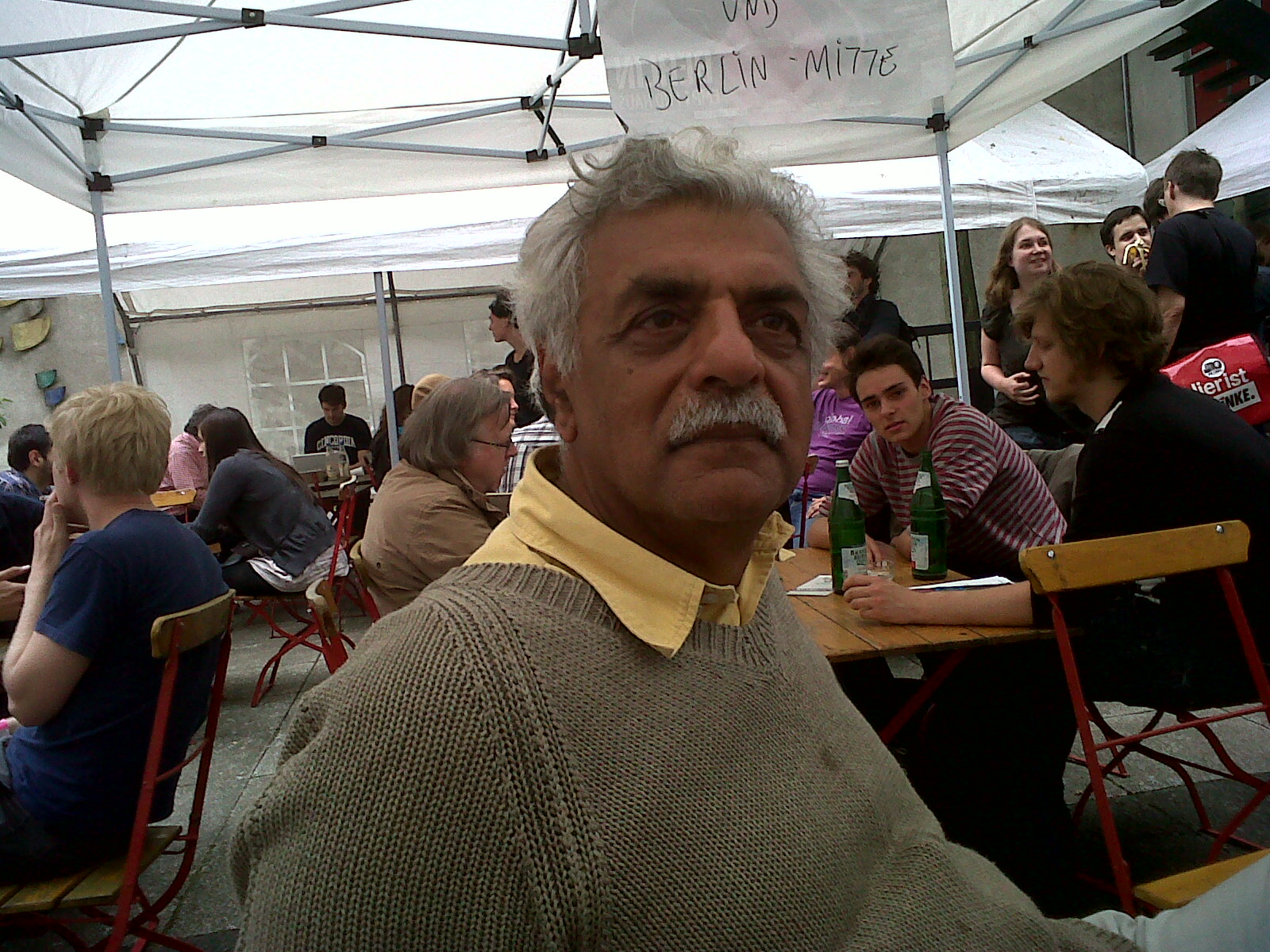Can Pakistan Survive Tariq Ali Pdf
Can Pakistan survive?. Penguin Books, 1983 - History - 237 pages. From inside the book. What people are saying - Write a review.
Writer, journalist and film-maker Tariq Ali was born in Lahore in 1943. He was educated at Oxford University, where he became involved in student politics, in particular with the movement against the war in Vietnam. On graduating he led the Vietnam Solidarity Campaign. He owned his own independent television production company, Bandung, which produced programmes for Channel 4 in the UK during the 1980s. He is a regular broadcaster on BBC Radio and contributes articles and journalism to magazines and newspapers including The Guardian and the London Review of Books. He is editorial director of London publishers Verso and is on the board of the New Left Review, for whom he is also an editor.
His fiction includes a series of historical novels about Islam: Shadows of the Pomegranate Tree (1992), The Book of Saladin (1998), The Stone Woman (2000), A Sultan in Palermo (2005), and Night of the Golden Butterfly (2010). These five books are collectively known as 'The Islam Quintet'. His non-fiction includes 1968: Marching in the Streets (1998), a social history of the 1960s; Conversations with Edward Said (2005); Rough Music: Blair, Bombs, Baghdad, London, Terror (2005); and Speaking of Empire and Resistance (2005), which takes the form of a series of conversations with the author. The Leopard and the Fox (2007) is the script of a three-part TV series commissioned by the BBC and later withdrawn, and includes the background to the story. His books of essays include The Clash of Fundamentalisms (2002), and The Protocols of the Elders of Sodom (2009). Tariq Ali's latest book is The Obama Syndrome (2010). Tariq Ali is a vocal political commentator and prolific creative writer.
Although he published his first novel, Redemption (a political satire set in contemporary Europe and America) in 1990, and has published three acclaimed works of fiction since, Ali is still perhaps best known for his work with the New Left and his non-fictional works of political biography, autobiography, history and politics. The reader trying to get to grips quickly with the scale and ambition of Ali's voluminous work, as well as his dual interests in literature and politics could do worse than buy a copy of his recent collection, The Protocols of the Elders of Sodom (2009). In 300 or so pages, this book exposes the reader to his public and personal thinking over the past 40 years, including incisive discussions of some of the world's leading contemporary authors, from Joyce, to Roth, Solzhenitsyn and Rushdie. Ali's political activism is inspired by the revolutionary years of the 1960s and he returns to this decade in several of his volumes. Street Fighting Years: An Autobiography of the Sixties (1987) documents some of the key moments and movements of the decade. The book follows a chronological structure and is at once an autobiographical account of the author's political life and an intimate biography of a crucial period of post-war world history.
Street Fighting Years, which develops out of a book Ali published a decade before ( 1968 and After: Inside the Revolution, 1978), includes passionate accounts of Vietnam, Che Guevara, Paris in 1968 and the Black Power Movement in the United States. Devil may cry 3 special edition windowed mode. In his more recent book, 1968: Marching in the Streets (1998), Ali takes a closer look at that pivotal year of the 1960s. Co-written with his partner, Susan Watkins, and combining incisive commentary with photography, the book offers among other things a stunning, evocative visual narrative of the period. Moving through 1968 month by month, it also offers a meticulous re-vision of a momentous year. What is arguably most significant about Street Fighting Years and 1968: Marching in the streets (1998), though, is their attention to the transnational dimensions of the 1960s.


To read Ali's work is to have challenged those easy associations of 1968 with street protests in Paris, Washington or New York. Moving adroitly between Spain, Italy, the Caribbean, India, Pakistan, Mexico, China, Greece, Sweden, the Soviet Union, Germany and Brazil (the list goes on) these books expose the global conditions of 1968 and their ramifications outside the over-developed West. Like Street Fighting Years, which was written 30 years after the events it describes, his latest work, The Idea of Communism (2009) is published to coincide with the twentieth anniversary of the fall of the Berlin Wall. Both books do more than record history; they seek to refresh it, to make it newly relevant: Communism, along with revolutionary politics, is given a new breath of life by Ali. Of course, Ali's explosion of the myth of '1968' (or '1989') as a singularly Western discourse is at least partly informed by his own post-colonial background as a Pakistani migrant living in London. South Asian history and politics are never far from Ali's thoughts, as books like Can Pakistan Survive? Qari shahid naat 2018 download.